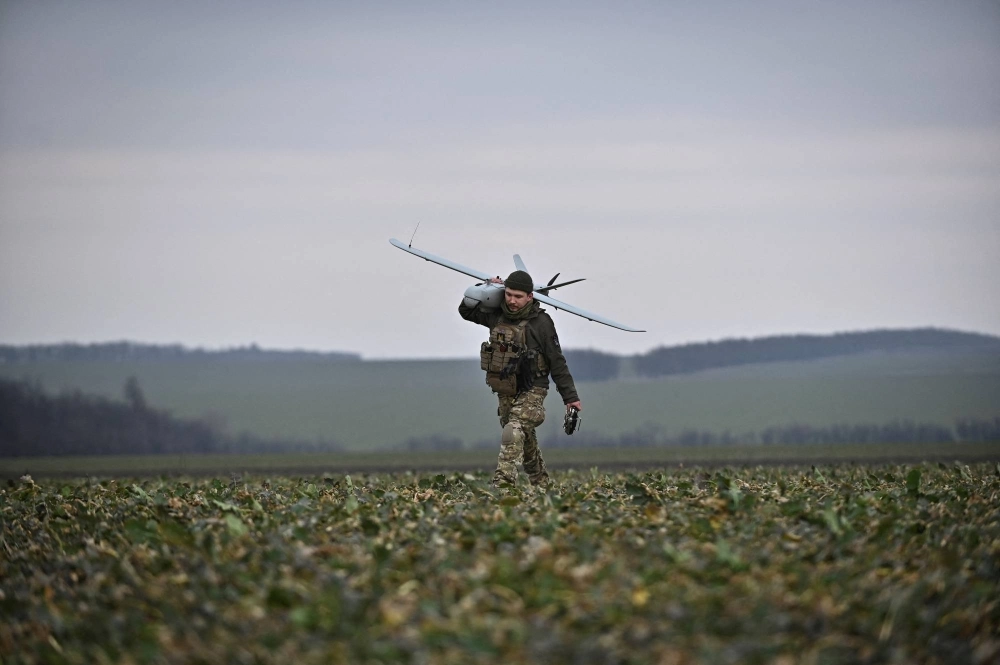Two years into Russia’s invasion, advances in drone warfare have been hailed as a way for Ukraine to partly neutralize Russia’s military advantage.
The relatively inexpensive drones have allowed Kyiv’s forces to strike back, including within Russia — UAVs, or unmanned aerial vehicles, have reached targets hundreds of miles from the border — although officials at the annual Munich Security Conference said the advances also come with risks.
In particular, officials at the event, a gathering of world leaders, military personnel and international security advisers, warned it would become harder for NATO powers to establish control over airspace in conflict zones because of the technology. The prevalence of the technology means a greater need for European nations to bolster their air defense, two people warned on the sidelines of the conference.


















With your current subscription plan you can comment on stories. However, before writing your first comment, please create a display name in the Profile section of your subscriber account page.